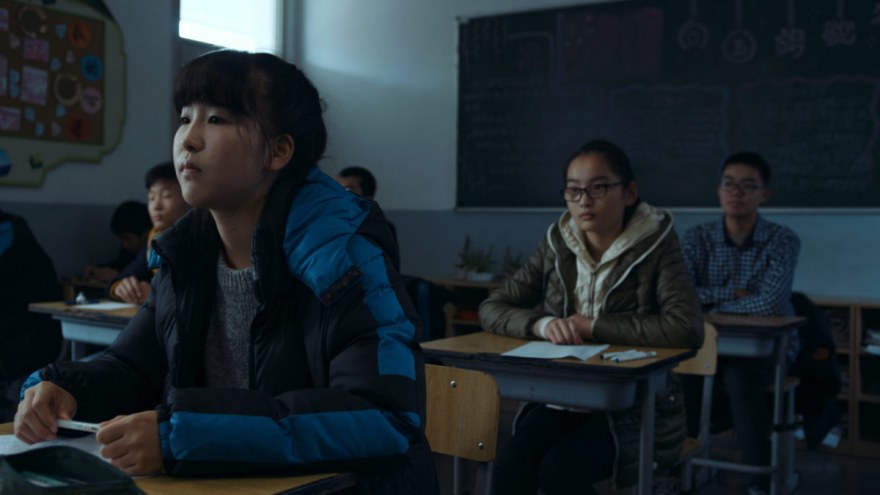Breakfast with Three days
An interview with Yingqing Gong, director of Three days
What is the significance of the test?
Every student in China will face their first “big” test in their whole life when they are in third grade in junior high school. That’s when the nine-year compulsory education ends, and the student has to pass the test if they wish to continue stduying in senior high school. The quality of the education you get from the senior high school will also effects the results when the students taking the examination to get into university. Maybe it’s also the time for some students to realize it’s time to grow up, because people start telling them that they are facing many choices and each of them might mean a different future. In the early stage of the pre production, I was worrying that if the audience can understand that this test is the independent recruitment of students from a good high school in this city, which is part of the high school entrace examination. Later, I decided specifically to don’t make this point really clear. What I really wanted people to see was that the whole family was facing a really important “test”. It doesn’t really matter what the test is or how this test works. What I really hoped to focus on were the people in this family, and how they reacted to this situation.
What did you want to explore in terms of the student-parent relationship?
For me the relationship between people is always very interesting. Like in this film, although the mom tries to take care of her daughter as good as she can, she gives the girl pressure without knowing it. The girl doesn’t want to make her mom worried. Her mother is worried because she thinks the girl doesn’t want to talk to her. The father works outside the town and he just want to express his concern, but he didn’t expect that he actually gives more pressure on the girl. They all just want to do something good. However, at the end, the family still stay together, facing bad news together and they give each other strength because they are together.
Why three days?
Well, the story happened in three days. It’s start from the saturday and ends on monday. The original idea was to create a contrast. The weekend is the only two days that people can take good rest and stay together. But in this family, it’s not. The father is still work out of the town, mom keeps praying for the good results and the daughter is struggling whether to tell her mom that she might fail in the “test” while looking at her mom praying so hard. But on the last day, they got the bad news, the mom is still worrying about her daughter, the girl is still sad, but at least the family is still together. They will face it together.
The style is quite subdued. Can you tell us more about your cinematography and cinematic influences?
Piero, the dp of the film, and I, we had a list of references. I really like Ozu, Edward Yang especially the way they tell the story. And we also get inspired by Mr Robot, Flowers of Shanghai, Before the midnight, etc. And we also got some ideas from painitngs and articles, like Edvard Munch‘s works, especially his The girl by the window. And Zhu Ziqing’s Retreating Figure.
I understand you attended the London Film School. Are you interested in working in the UK? Can you tell us more about your future projects?
For now, I am still in China and I hope I can make more films about my hometown and the life in the city. But I am always interesting in working with people from all over the world in any place in the world.
Three days is being shown in International Competition I6.









